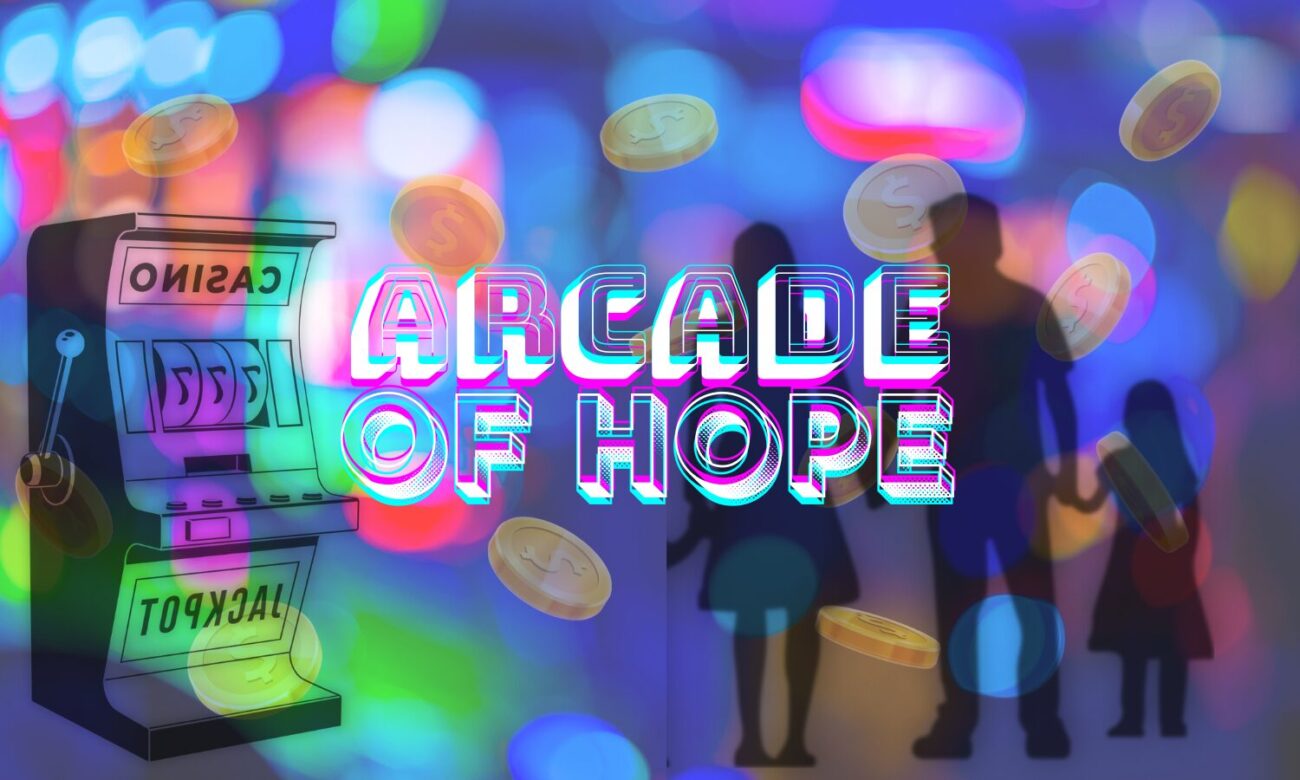“Did you hear her Spanish?”

A short story about my relationship with language and Puerto Rican identity.
I’m awkwardly perched on my great grandma’s floral printed couch. The humidity of her humble Puerto Rican home coats us all in sweat. Despite my annual visits to the island, the Spanish enthusiastically exchanged amongst my family evades my understanding. Greeted by my father’s aunts and uncles with an “Hola, Iza!” I clumsily blurt out Spanish only their sister, my grandmother back in New York, can fully comprehend; Spanish that reveals that I am not fluent through my accent and simple syntax.
It’s difficult for me to estimate the amount of people from my father’s family that only speak English. Even my mother, who didn’t learn the language from her deaf Korean mother and American-born Puerto Rican father before she moved in with my father, was told by her mother-in-law to “learn Spanish.” Undeterred by her mistakes (she confidently insisted that a pharmacy was a “farmacina”) she learned to happily chat with her in-laws. My sister, growing up mostly under the care of our father’s mom, naturally wielded the language — her profession even requires her to use both languages. Although my grandma took care of me as well, my parents overwhelmingly speak English, so my vocabulary never evolved beyond “agua” and “te quiero.”
Despite acting like speaking the language was second nature with family, it is untrue to say I learned from them. I practiced with my grandma, yet learned all of my Spanish in school. My family would never be able to say they taught me—it made my connection to family culture feel more superficial. I was often accused of not wanting to learn Spanish from them, and my acquisition of the language reinforced that idea. My failure to rapidly pick up the language at home somehow detracted from my willingness to learn in their eyes. What I did learn conformed to Castilian Spanish, clashing with words used amongst Puerto Ricans.
Without the familiarity of my grandma, my English accent was more glaring, my Spanish bared and subject to scrutiny. Ignoring or failing to notice my immediate embarrassment, a genuine grin spreads across my family’s faces.
“¡Estás practicando! Que bueno. Aprendiste mucho,” my great aunts and uncles would exclaim. They had low standards for “mucho”— I had merely formed a sentence. I wasn’t desperately looking towards my fluent older sister to translate, but it was still far from natural-sounding. As other family members came to greet me, my great aunts and uncles would call from the kitchen: “Did you hear her Spanish? Yes, yes, she knows a lot more now.” And everyone would smile and nod approvingly, clasping my arms and shoving their sweaty cheeks to mine affectionately for a kiss.
To my family, learning Spanish was worthy of praise, which I saw as unwarranted. I should have already known how to speak—I was doing the bare minimum. I tried harder then, to have full conversations with them in Spanish, convincing myself that my skills were enough to carry me and bridge many years of linguistic disconnection. Yet no matter how much they praised me, they always reverted back to English when I struggled. (“You know I know some English too,” they’d tell me. “Talk to me in English, I understand you.”) They all celebrated my Spanish, but in their eyes I longed for the convenience of English, since at the end of the day I was not fluent. Stubbornly, I only spoke in Spanish, hoping that one day they wouldn’t have to use English for my sake.
Process
I have always wanted to write about my identity as a person of Puerto Rican descent. I visit the island every year, albeit sometimes begrudgingly (the bugs are scary!). Although I feel like my connection and awareness of my relationship with my family have strengthened, there is still a sense of disconnect. There are so many instances where I have struggled with my identity, and I debated about including those stories, but I felt like the most typical, mundane experience was the most striking.
Izabell Mendez is a high school senior in NYC. Whenever she gets the opportunity, Izabell can be found talking long…
Visit Profile






